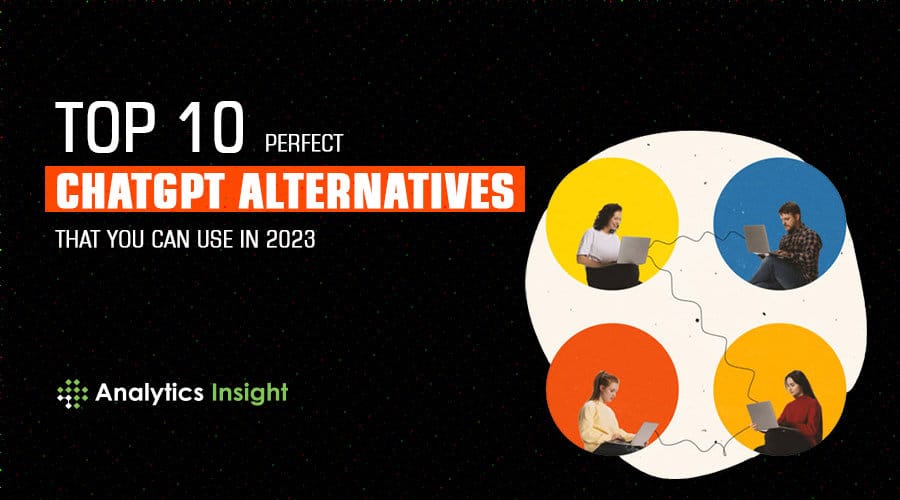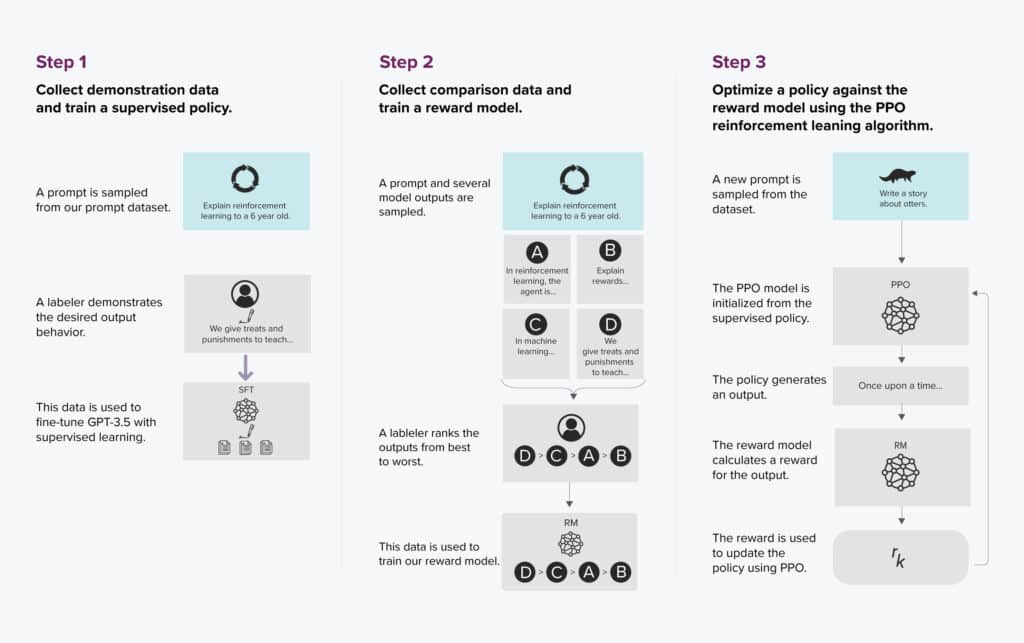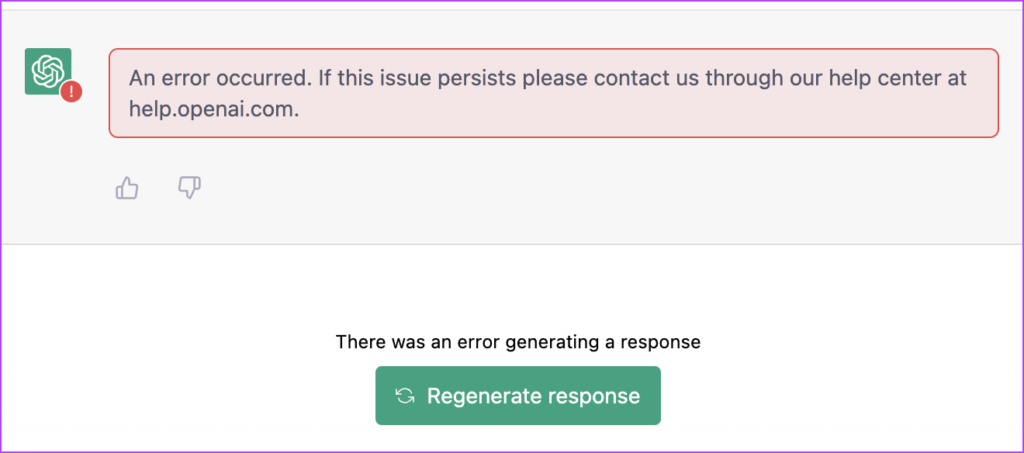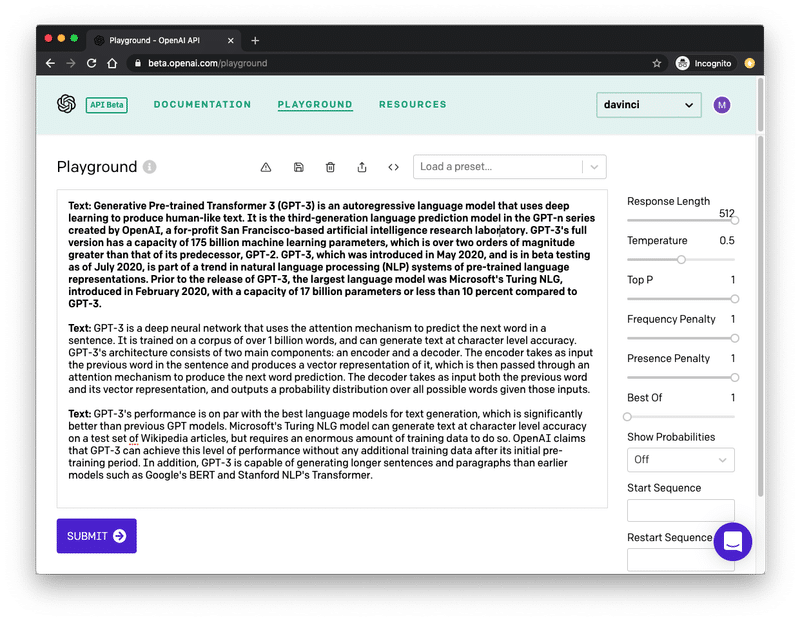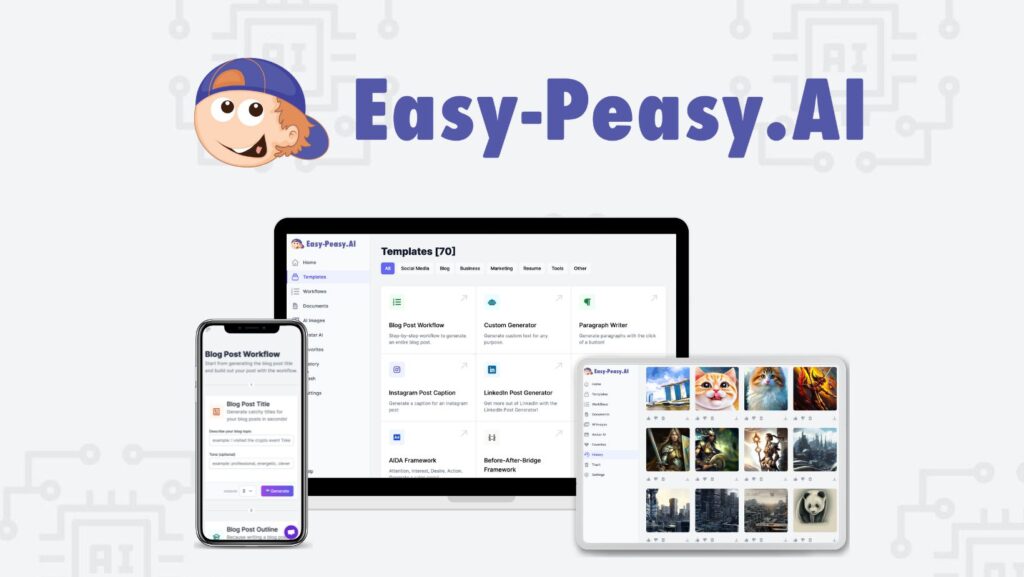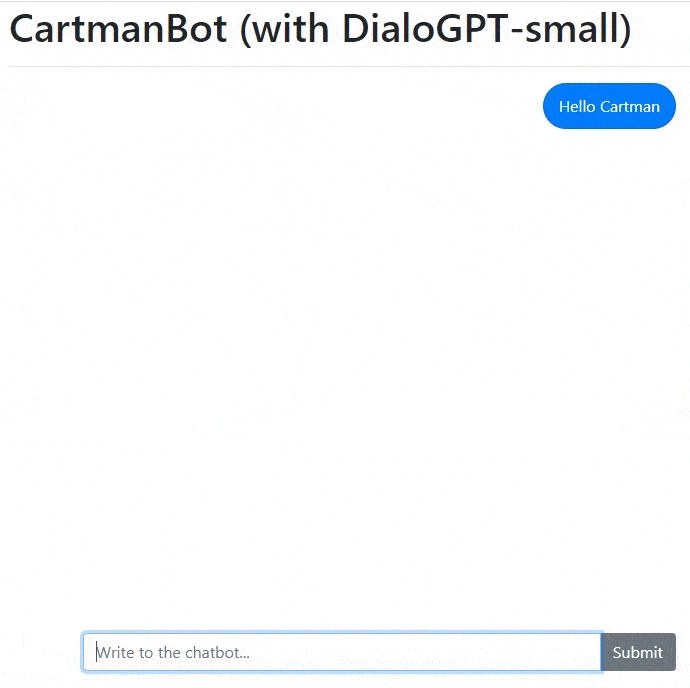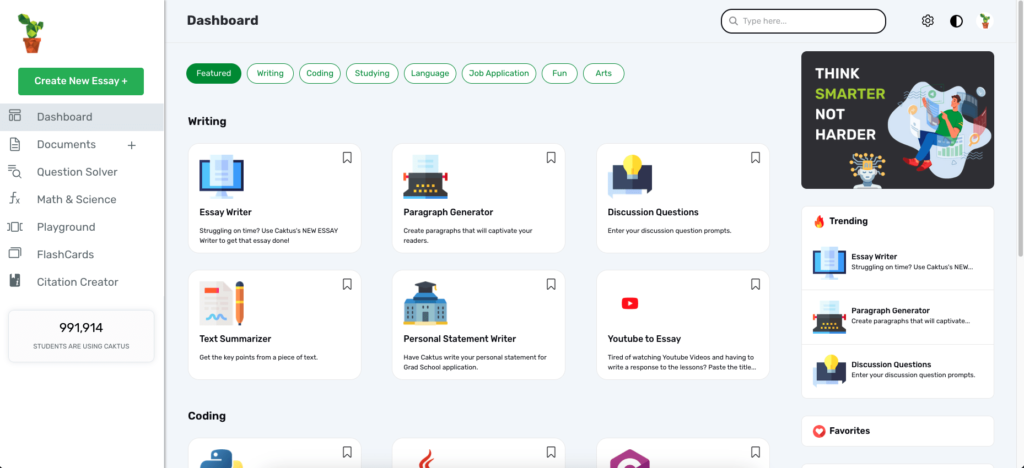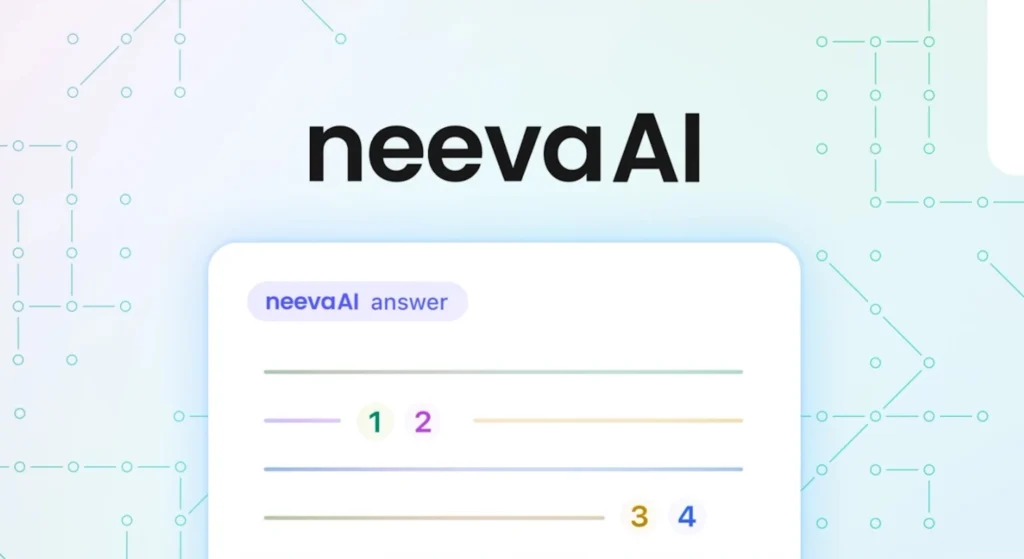ChatGPT is an AI-powered chatbot developed by OpenAI that can simulate human-like conversations with users. It uses advanced deep learning algorithms and natural language processing techniques to understand the context of the conversation and provide intelligent responses. ChatGPT has become popular due to its ability to automate customer service, increase website engagement, and offer personalized assistance to users.
Explanation of ChatGPT and its benefits
ChatGPT is a state-of-the-art chatbot that uses the latest advancements in artificial intelligence (AI) and machine learning (ML) to provide smarter conversations. It is capable of natural language processing, understanding context, and generating human-like responses. ChatGPT is widely used in various industries, including customer service, healthcare, e-commerce, and education.
Explanation of ChatGPT and its benefits: ChatGPT is a chatbot that uses the GPT (Generative Pre-trained Transformer) model, which is a type of deep learning algorithm that has been pre-trained on a large corpus of text data. This pre-training allows the model to understand the relationship between words, sentences, and paragraphs, and generate coherent and relevant responses to user queries.
The benefits of using ChatGPT include faster response times, improved customer satisfaction, reduced workload for human agents, and 24/7 availability. ChatGPT can handle multiple conversations simultaneously and learn from every interaction, which makes it an ideal solution for businesses that want to provide personalized and efficient customer support.
Why explore ChatGPT alternatives? While ChatGPT is an excellent chatbot solution, there are several reasons why businesses and developers may want to explore ChatGPT alternatives. For one, ChatGPT can be expensive to deploy and maintain, especially for small businesses or startups. Additionally, ChatGPT may not be the best fit for every use case or industry, as different chatbot solutions have different strengths and weaknesses.
Furthermore, exploring ChatGPT alternatives can help businesses and developers stay up-to-date with the latest advancements in AI and ML technology. There are many chatbot solutions available today that offer unique features and capabilities, such as voice recognition, sentiment analysis, and integration with other tools and platforms. By exploring ChatGPT alternatives, businesses, and developers can find the best solution that meets their specific needs and budget.
Why explore ChatGPT alternatives?
ChatGPT is a powerful chatbot solution, but it may not suit every organization’s needs due to varying factors like cost, functionality, and ease of use. Some companies may prefer alternative platforms that align better with their specific requirements or offer unique features. Exploring ChatGPT alternatives can help businesses find the best chatbot solution and improve their customer experience.
One issue with ChatGPT is that it may not always handle high volumes of user requests, which can result in downtimes and error messages. This can be a problem for businesses that rely heavily on chatbots for customer inquiries.
Another potential problem is that ChatGPT’s training data may not be up-to-date since it is based on data from 2021. As language and customer needs evolve, it may be necessary to use chatbots trained on more recent data to provide accurate and relevant responses.
Businesses can explore ChatGPT alternatives to find chatbot solutions better equipped to handle their specific needs, including high traffic volumes and up-to-date training data.
Criteria for choosing ChatGPT alternatives
When businesses are looking for ChatGPT alternatives, there are several criteria they should consider to ensure they choose a platform that is well-suited to their needs. These criteria include:
- Accuracy: The chatbot’s ability to provide accurate and relevant responses is important to ensure customer satisfaction. Businesses should choose chatbots that are trained on up-to-date data and have high accuracy rates.
- Natural language processing: The chatbot’s ability to understand and respond to natural language is crucial for creating a seamless customer experience. Chatbots with advanced natural language processing capabilities can better understand the context and provide more personalized responses.
- User interface and experience: The chatbot’s interface should be intuitive and easy to use, with clear prompts and options for customers to choose from. A well-designed chatbot can improve customer engagement and satisfaction.
- Integration with third-party apps: Many businesses use multiple software tools to manage their operations. Choosing a chatbot that integrates seamlessly with other tools can streamline workflows and increase efficiency.
By considering these criteria, businesses can choose a ChatGPT alternative that meets their specific needs and provides a high-quality customer experience.
best ChatGPT Alternatives
1. Jasper AI
Jasper AI is a voice assistant developed by Jasper Technologies that specializes in creating conversational AI for businesses. This AI-powered chatbot platform helps businesses automate their customer service operations by providing natural language processing and voice recognition capabilities.
One of the key benefits of Jasper AI is its ability to understand and respond to voice commands in a conversational manner, leading to a better user experience and increased customer satisfaction. Jasper AI also uses natural language processing to interpret and respond to user queries in a contextually relevant and accurate way.
Another benefit of Jasper AI is its ability to integrate with other business systems, such as customer relationship management (CRM) software, to provide a more personalized experience for users. The platform also supports multilingual conversations, allowing businesses to engage with customers in their preferred language.
Jasper AI offers an easy-to-use interface, customizable chat flows, and a powerful analytics dashboard to track customer interactions and engagement. The platform can handle complex conversations and provide personalized recommendations based on user preferences and behaviors.
Jasper AI also offers a wide range of integrations with third-party apps, making it easy for businesses to streamline workflows and improve productivity by automating customer service tasks.
Overall, Jasper AI is a robust ChatGPT alternative that offers advanced features and capabilities to help businesses enhance their customer experience.
- Features and capabilities: Offers advanced natural language processing and machine learning capabilities, with integrations for Slack and Microsoft
- Pricing: Starts at $49 per month.
- Strengths: Strong integration capabilities, with a focus on enterprise customers.
- Weaknesses: Higher pricing compared to some other alternatives.
2. OpenAI’s Playground
Open AI’s Playground is a web-based tool developed by OpenAI that allows users to interact with GPT-3, the latest version of the GPT language model. It is designed to showcase the capabilities of GPT-3 and allow users to experiment with different prompts and see the AI-generated responses in real-time.
The Playground offers a user-friendly interface that allows users to enter text prompts and receive AI-generated responses. Users can also adjust various parameters such as temperature and frequency to fine-tune the responses and explore the AI’s capabilities further.
One of the key benefits of Open AI’s Playground is that it offers a glimpse into the potential of GPT-3 and its ability to generate human-like responses to a wide range of prompts. It also allows users to explore the limitations of the model and gain insights into how it works.
Although Open AI’s Playground is primarily designed for experimentation and exploration, it can also be used for practical applications such as generating content for websites and social media channels. By leveraging the capabilities of GPT-3, businesses can automate content creation and save time and resources.
Overall, Open AI’s Playground is an exciting and innovative tool that allows users to interact with the latest language model from OpenAI and explore its capabilities in a user-friendly interface.
- Features and capabilities: Offers a simple interface for experimenting with OpenAI’s language models, with a focus on developers and researchers.
- Pricing: Free for non-commercial use.
- Strengths: Easy-to-use interface, with advanced language model capabilities.
- Weaknesses: Limited use cases outside of experimentation and research.
3. Easy-peasy.ai
Easy-peasy.ai is a platform that provides businesses with a user-friendly and intuitive way to build and deploy AI-powered chatbots. The platform offers a drag-and-drop interface that allows users to create customized chatbots without any coding or technical expertise.
One of the key features of Easy-peasy.ai is its ability to handle complex conversations and understand context, providing personalized responses to customers. The platform also offers integration with various third-party apps, making it easy for businesses to streamline workflows and automate customer service tasks.
Easy-peasy.ai’s analytics dashboard allows businesses to track customer interactions and engagement, monitor performance, and optimize their chatbots for maximum effectiveness. The platform also offers customizable chat flows, allowing businesses to tailor their chatbots to their specific needs and brand voice.
Another unique feature of Easy-peasy.ai is its multi-channel support, which allows businesses to deploy their chatbots across multiple channels such as websites, messaging apps, and voice assistants. This makes it easy for businesses to engage with customers across various touchpoints and improve their overall customer experience.
Overall, Easy-peasy.ai is an accessible and flexible ChatGPT alternative that offers powerful features and capabilities to help businesses enhance their customer service and engagement. Its drag-and-drop interface, multi-channel support, and integration with third-party apps make it an ideal choice for businesses of all sizes and industries.
- Features and capabilities: Offers a simple interface for building chatbots and voice assistants, with natural language processing and machine learning capabilities.
- Pricing: Starts at $19 per month.
- Strengths: Affordable pricing, with a focus on small businesses and entrepreneurs.
- Weaknesses: Limited customization and integrations compared to some other alternatives.
4. You.com
You.com is an innovative personal assistant powered by AI and natural language processing technology. Its main purpose is to assist users in managing their digital life by providing a range of useful features such as email management, calendar scheduling, and task management.
One of the key advantages of You.com is its ability to consolidate all of a user’s digital accounts and services into one convenient interface. This makes it easy for users to stay organized and manage their digital activities across multiple platforms and channels.
You.com also stands out for its intelligent search and natural language processing capabilities, which allow users to search for information and complete tasks using simple, conversational language. In addition, the platform utilizes machine learning algorithms to learn from user behavior and preferences, providing personalized recommendations and insights.
Another notable feature of You.com is its strong focus on privacy and security. The platform employs end-to-end encryption to protect user data and provides granular controls that enable users to manage their privacy settings and data-sharing preferences.
In summary, You.com is a robust ChatGPT alternative that delivers advanced features and functionalities to help users effectively manage their digital lives. Its intuitive interface, intelligent search, and emphasis on privacy and security make it an excellent choice for users seeking a smarter, more streamlined way to manage their online activities.
- Features and capabilities: Offers a private search engine with advanced search capabilities and integrations with third-party apps and services.
- Pricing: Free for non-commercial use.
- Strengths: Strong focus on privacy and personalized search results.
- Weaknesses: Limited documentation and support resources compared to some other alternatives.
5. Chatsonic
ChatSonic is an AI-powered chatbot platform that businesses can use to automate their customer service operations and improve customer engagement. It offers several benefits, such as ease of use, versatility, and analytics tools. The platform’s drag-and-drop interface makes it accessible to businesses of all sizes and skill levels, and its pre-built chatbot templates can be customized to suit various use cases.
One of the key features of ChatSonic is its ability to handle complex conversations and understand the context to provide personalized responses. It also integrates with various third-party apps such as Facebook Messenger and Slack, making it easy for businesses to engage with customers across multiple channels. The analytics dashboard allows businesses to track customer interactions and engagement, monitor performance, and optimize their chatbots for maximum effectiveness.
Another unique feature of ChatSonic is its advanced conversational AI, which allows businesses to provide a more human-like conversational experience for customers. The platform uses advanced language models to understand customer intent and provide relevant responses in real-time.
Overall, ChatSonic is a powerful alternative to ChatGPT that offers advanced features and capabilities to help businesses enhance their customer service and engagement. Its user-friendly interface, advanced conversational AI, and integration with third-party apps make it an ideal choice for businesses looking to improve their customer experience across multiple touchpoints.
- Features and capabilities: Offers a customizable chatbot platform with natural language processing and machine learning capabilities, with a focus on small businesses and entrepreneurs.
- Pricing: Starts at $29 per month.
- Strengths: Affordable pricing, with a focus on small businesses and entrepreneurs.
- Weaknesses: Limited integrations and customization options compared to some other alternatives.
6. DialoGPT
DialoGPT is an AI language model developed by Microsoft, designed to engage in human-like conversations with users. It has been trained on a large dataset of conversational data, allowing it to generate responses that are natural and contextually relevant.
One of the main benefits of DialoGPT is its ability to provide a more human-like conversational experience for users. It is highly adept at understanding and responding to a wide range of topics, making it ideal for use in various applications such as customer service, personal assistants, and chatbots.
DialoGPT’s ability to generate contextually relevant and grammatically correct responses is another key advantage. The model takes into account the context of the conversation and uses this information to provide appropriate and meaningful responses.
DialoGPT can also adapt and learn over time, refining its responses and adjusting to user preferences based on feedback. This makes it an increasingly useful and effective tool over time.
DialoGPT is an open-source conversational AI platform that utilizes state-of-the-art natural language processing techniques. It is highly customizable, allowing developers to fine-tune the model for specific use cases and domains, making it ideal for businesses and organizations looking to deploy conversational AI solutions that are tailored to their needs.
The platform also prioritizes privacy and security, using end-to-end encryption to protect user data and offering granular controls that enable developers to manage data sharing preferences and access permissions.
Overall, DialoGPT is an advanced ChatGPT alternative that offers a range of features and capabilities to help businesses and organizations deploy conversational AI solutions that are natural, engaging, and tailored to their specific needs. Its open-source architecture, customization options, and emphasis on privacy and security make it an ideal choice for organizations looking to leverage the latest conversational AI technology.
- Features and capabilities: Offers an open-source language model for generating human-like responses to text input.
- Pricing: Free for non-commercial use.
- Strengths: Advanced language model capabilities, with no cost for non-commercial use.
- Weaknesses: Limited use cases outside of text generation.
7. Perplexity AI
Perplexity AI is a cloud-based natural language processing (NLP) platform that offers companies advanced machine learning algorithms to analyze and understand unstructured text data, such as customer feedback, social media posts, and emails.
With Perplexity AI, companies can quickly and accurately analyze large volumes of text data to gain valuable insights into their customers and improve their offerings. The platform offers real-time feedback and insights, enabling companies to respond quickly to customer feedback and important events.
Perplexity AI also provides a conversational AI platform that offers an engaging and personalized user experience. The platform can understand user intent and provide relevant responses based on the context of the conversation, allowing for more natural and engaging conversations. The platform offers customization options, enabling developers to fine-tune the model for specific use cases and domains.
Additionally, Perplexity AI offers integration with third-party platforms and APIs, enabling developers to easily integrate the platform with other systems and applications to streamline workflows and improve efficiency.
Overall, Perplexity AI is a powerful alternative to ChatGPT that offers advanced features and capabilities for businesses and organizations looking to improve customer engagement and satisfaction through conversational AI technology. Its focus on natural language understanding, real-time feedback, customization, and integration options make it a valuable tool for companies looking to unlock insights from large volumes of text data and deploy conversational AI solutions that are tailored to their specific needs.
- Features and capabilities: Offers a customizable chatbot platform with natural language processing and machine learning capabilities, with a focus on enterprise customers.
- Pricing: Custom pricing based on usage and requirements.
- Strengths: High degree of customization and integrations for enterprise customers.
- Weaknesses: Higher pricing compared to some other alternatives.
8. Caktus AI
Caktus AI is a platform powered by AI chatbots designed to help businesses automate their customer service operations and improve customer engagement [1]. The platform provides customizable chatbot templates that suit different use cases, such as sales support, lead generation, and customer service and support.
One of the benefits of Caktus AI is its user-friendliness, which makes it easy for businesses to get started with chatbots without requiring coding or technical expertise. The platform’s drag-and-drop interface enables users to create and customize chatbots quickly and efficiently.
Another advantage of Caktus AI is its versatility. The platform’s pre-built chatbot templates can be customized to handle complex tasks and workflows or to provide simple FAQ responses, enhancing the user experience and increasing customer engagement.
Caktus AI also provides analytics and reporting tools, enabling businesses to track the performance of their chatbots and make data-driven decisions on how to improve them. These analytics include response time, user satisfaction, and engagement rates.
Overall, Caktus AI provides several benefits, such as ease of use, versatility, and analytics tools, making it a valuable tool for businesses looking to automate their customer service operations and improve the user experience.
Caktus AI is a conversational AI platform that leverages advanced natural language processing techniques to deliver personalized and engaging experiences for users. The platform allows businesses and organizations to build chatbots and voice assistants that can understand and respond to user queries naturally.
One of the key benefits of Caktus AI is its ability to understand user intent and provide relevant responses based on the context of the conversation. This results in more natural and engaging conversations that can improve customer satisfaction and loyalty.
Caktus AI offers advanced customization options that enable developers to fine-tune the model for specific use cases and domains, making it an ideal choice for businesses and organizations that need to deploy conversational AI solutions tailored to their specific needs.
Additionally, Caktus AI supports integration with third-party platforms and APIs, enabling developers to integrate the platform with other systems and applications, improving efficiency and streamlining workflows for businesses and organizations.
Overall, Caktus AI is a powerful ChatGPT alternative that offers advanced features and capabilities to help businesses and organizations build conversational AI solutions that are more engaging, personalized, and tailored to their specific needs. Its customization options, integration capabilities, and focus on natural language understanding make it an ideal choice for developers and organizations looking to leverage conversational AI technology to improve customer engagement and satisfaction.
- Features and capabilities: Offers a customizable chatbot platform with natural language processing and machine learning capabilities, with a focus on customer service and support.
- Pricing: Custom pricing based on usage and requirements.
- Strengths: Strong customer service and support capabilities.
- Weaknesses: Higher pricing compared to some other alternatives.
9. Replika
Replika is a conversational AI platform that provides users with a personalized and empathetic chatbot experience. It is designed to help individuals build meaningful relationships with their AI chatbot to improve their mental wellness and wellbeing.
Replika learns from each user’s unique personality and conversation style over time, offering more personalized and engaging conversations. The platform also offers customization options, allowing users to personalize their chatbot’s appearance, name, and conversation topics.
In addition, Replika prioritizes privacy and security, with end-to-end encryption and the ability to delete user data at any time.
Replika offers advanced features such as journaling, guided meditation, and mental health support, making it an ideal choice for individuals looking to improve their mental wellbeing through conversational AI technology. It is available as a free mobile app on both iOS and Android platforms.
- Features and capabilities: Offers a personalized and empathetic chatbot platform with natural language processing and machine learning capabilities, with a focus on mental wellness and wellbeing.
- Pricing: Free and paid plans available.
- Strengths: Strong focus on mental wellness and personalized chatbot interactions.
- Weaknesses: Limited use cases outside of mental wellness and personal relationships.
10. neeva
Neeva is a search engine that was founded by Sridhar Ramaswamy, a former senior executive at Google, and Vivek Raghunathan, a former YouTube executive. It aims to provide users with an ad-free and personalized search experience that prioritizes privacy.
Neeva uses a subscription-based model to generate revenue instead of showing ads. Users pay a monthly fee to use the search engine, which keeps their data private and not shared with third-party advertisers.
To provide personalized search results, Neeva uses machine learning algorithms to analyze user behavior and preferences. It also offers features such as the ability to search across multiple accounts, including email and cloud storage services.
Currently, Neeva is in its early stages and is only available to a limited number of users who have signed up for early access. However, it has already received significant funding from investors and plans to expand its services in the future.
Neeva offers several benefits, including a focus on user privacy, a personalized search experience, and integration with third-party apps and services. Its subscription-based model provides an alternative to traditional search engines that rely on ads and user data collection.
Overall, Neeva offers a powerful alternative to traditional search engines and is an ideal choice for individuals and businesses looking for a more private and personalized search experience.
- Features and capabilities: Neeva is a search engine that is designed to prioritize user privacy by not collecting any user data or displaying ads. It offers a personalized search experience by indexing only the websites and documents that the user has access to, such as emails, files, and calendars. It also has features such as dark mode, customizable shortcuts, and the ability to search within specific time frames.
- Pricing: Neeva offers a 7-day free trial, after which it costs $4.95 per month. There is also a family plan that costs $7.95 per month and allows up to 5 users.
- Strengths: Focuses on user privacy and doesn’t collect data or display ads. Personalized search experience based on the user’s access to websites and documents.
- Weaknesses: Limited in terms of the number of websites and documents it can index. Only available as a search engine, not a general AI chatbot like ChatGPT or some of the other alternatives.
11. pfpmaker
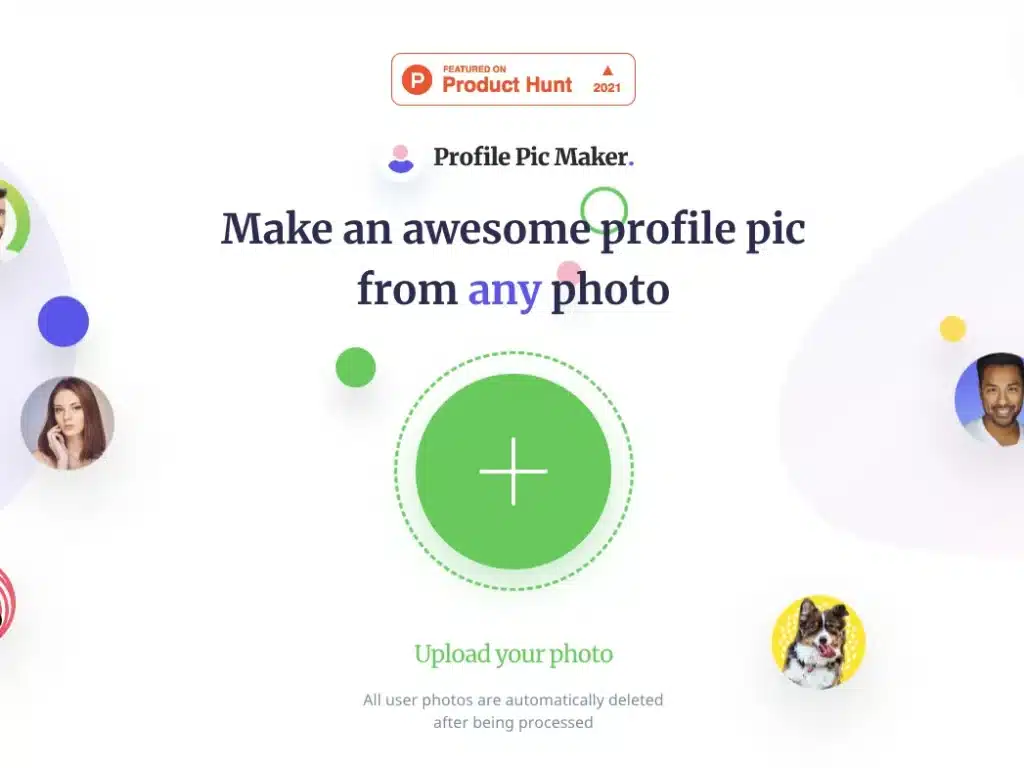
Users can generate and personalise profile images for their social media accounts on the website PFPMaker.com. To assist users in creating distinctive and personalised profile images, the website provides a number of options and possibilities.
Features and Capabilities:
- Hundreds of pre-made templates to choose from.
- Customizable templates that can be edited with text and images.
- A variety of fonts, filters, and effects to enhance the profile picture.
- Easy-to-use interface for quick and simple editing.
- Option to download the finished profile picture in different file formats.
Pricing: PFPMaker.com is completely free to use, with no hidden fees or charges.
Strengths:
- The website is user-friendly and easy to navigate.
- PFPMaker.com offers a wide range of customization options.
- The website is completely free to use, making it accessible to everyone.
- The site is compatible with all major social media platforms.
Weaknesses:
- The website does not offer any advanced editing tools.
- The selection of templates may not be suitable for everyone’s preferences.
- The website may have occasional bugs or glitches.
PFPMaker.com is, all things considered, a fantastic resource for anybody wishing to design distinctive and individualised profile images for their social network profiles. It’s a fantastic alternative for beginners and those who want to rapidly generate a new profile image due to its user-friendly interface and number of modification possibilities. Although it might not provide sophisticated editing features, it is a fantastic choice for people looking for a simple and free profile photo maker.
12. jenni.ai
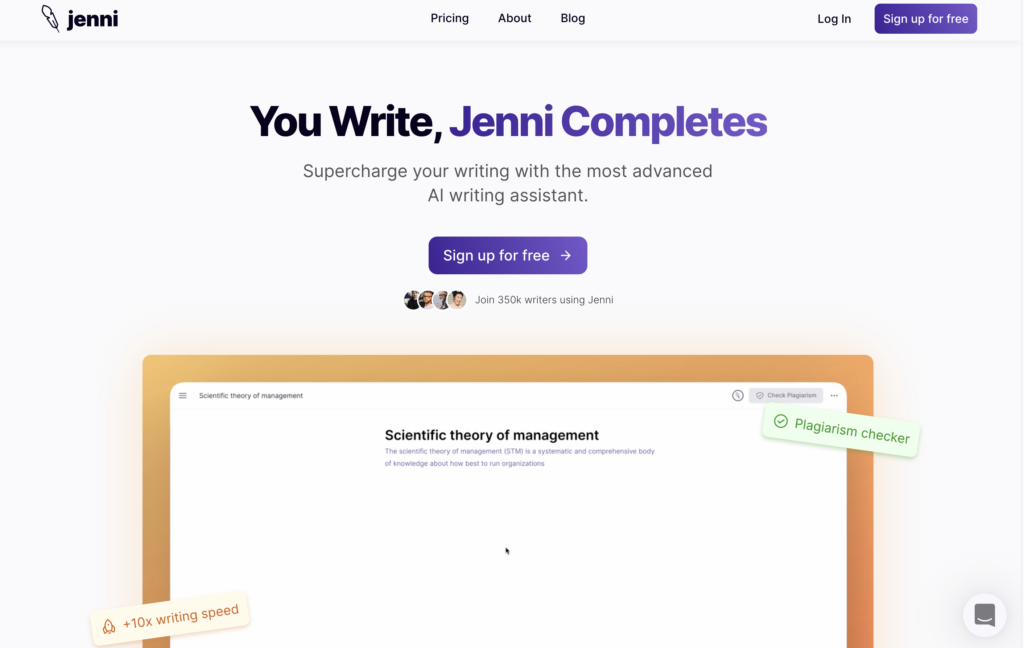
A virtual assistant named Jenni.ai offers help and customer care to companies. To automate client interactions and enhance the entire customer experience, the platform makes use of artificial intelligence (AI).
Features and Capabilities:
- Automated responses to common customer inquiries and issues.
- Integration with multiple channels including email, chat, and social media.
- Advanced analytics and reporting to track customer engagement and satisfaction.
- Personalization and customization options to tailor responses to individual customers.
- Ability to handle multiple conversations simultaneously.
Pricing: Depending on the number of chats and features needed, Jenni.ai offers a variety of pricing plans. The pricing schemes can be altered to meet the requirements of various enterprises.
Strengths:
- Jenni.ai is easy to set up and use.
- The AI-powered platform reduces response times and improves customer satisfaction.
- The platform can handle a high volume of customer interactions.
- Jenni.ai provides detailed analytics and reporting to help businesses better understand customer behavior and needs.
Weaknesses:
- The AI technology may not always understand complex or nuanced customer inquiries.
- There may be a learning curve for businesses transitioning from traditional customer service methods to AI-powered assistance.
- The platform may not be suitable for businesses that require a high level of human interaction with customers.
Overall, Jenni.ai is a fantastic tool for companies trying to enhance their support and customer service. In addition to reducing response times and raising overall customer happiness, its AI-powered automation offers thorough analytics and reporting to assist businesses in understanding their clients. It is a terrific alternative for companies trying to streamline their customer service operations, but it might not be appropriate for organizations that require a high level of human engagement with customers.
conclusion
In conclusion, there are various ChatGPT alternatives available, such as Jasper AI, OpenAI’s Playground, easy-peasy.ai, Chinchilla, You.com, Chatsonic, DialoGPT, Perplexity AI, Caktus AI, Replika, Neeva. These platforms offer distinct features and capabilities, and it’s essential to consider factors like accuracy, natural language processing, user interface and experience, and integration with third-party apps when selecting a chatbot platform.
To learn more about chatbots and AI, several resources are available online, such as books like “Artificial Intelligence: A Modern Approach” by Stuart Russell and Peter Norvig, “Hands-On Chatbots and Conversational UI Development” by Srini Janarthanam, and “Designing Bots: Creating Conversational Experiences” by Amir Shevat. You can also find a wealth of information and resources on websites like Chatbots Magazine and Botpress.
